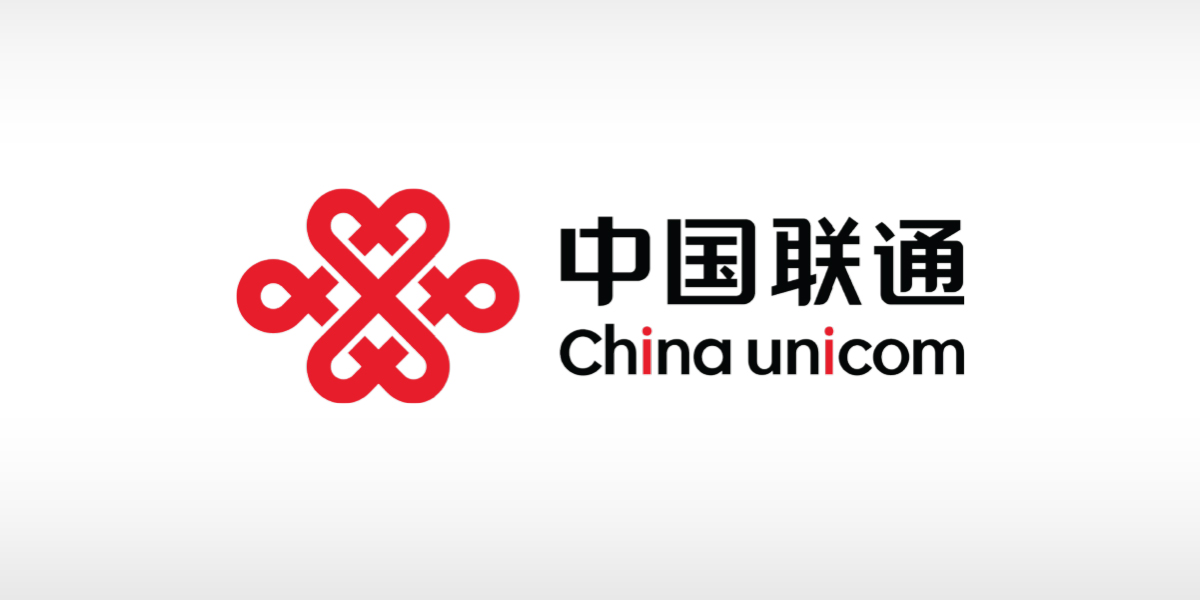China Unicom has launched a major data center in Xining, the capital of Qinghai province, powered by domestically developed artificial intelligence chips supplied by Alibaba and other Chinese firms, according to state broadcaster CCTV.
The initiative is part of Beijing’s concerted efforts to reduce the nation’s reliance on foreign technology, especially as tensions with the U.S. over chip exports continue to escalate.
The announcement follows renewed U.S. scrutiny at trade discussions in Madrid this week, where American officials raised national security concerns and reiterated moves to restrict shipments of advanced technology, including chips, to China.
With rising geopolitical tension, Chinese authorities are urging domestic companies to adopt homegrown chips, warning against the use of products from U.S. giant Nvidia on security grounds.
China Unicom’s $390-million facility is set to reach a computing capacity of 20,000 petaflops upon completion, according to Qinghai’s provincial government. So far, the center has achieved 3,579 petaflops using nearly 23,000 domestically produced AI chips, as seen in CCTV’s broadcast on Tuesday.
Alibaba’s semiconductor arm, T-Head, was the largest contributor, supplying roughly 72% of the chips, with other providers including MetaX, Biren Technology, and Zhonghao Xinying. China Unicom is also planning further procurement from Tecorigin (Wuxi), Moore Threads, and Enflame, CCTV reported.
T-Head’s latest AI chip, the PPU, boasts 96 gigabytes of memory and HBM2e — a stacked DRAM designed specifically for AI applications — positioning it as a formidable rival to Nvidia’s H20, currently the most advanced model that U.S. regulators allow the firm to export to China, according to CCTV’s comparative analysis.





